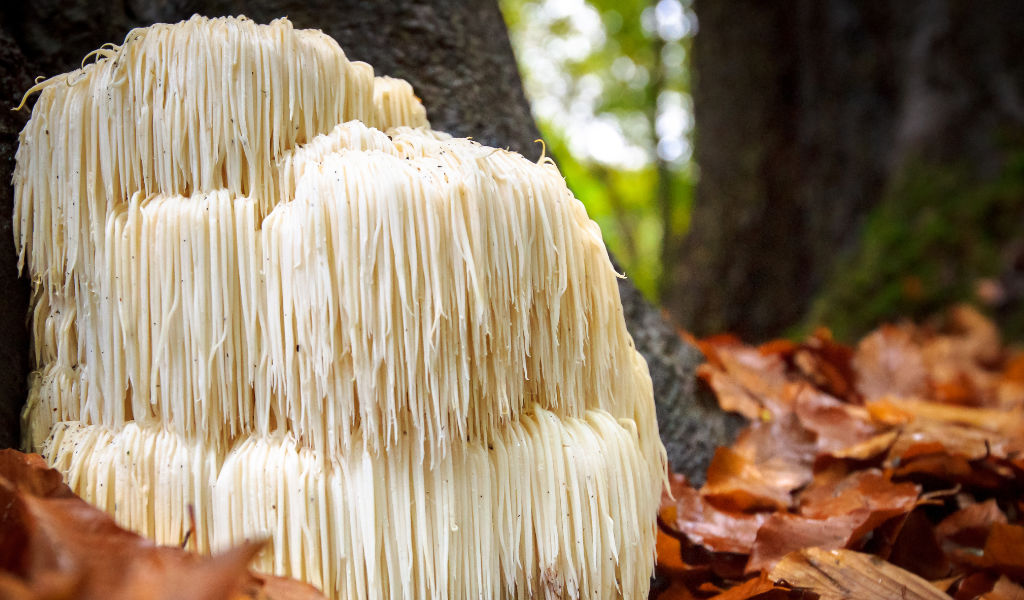Suppose you’re interested in natural ways to boost your well-being. In that case, you may have heard about lion’s mane, a type of edible mushroom used in traditional Chinese medicine for centuries.
One question that some people have is whether lion’s mane can affect hormones in the body.
What are hormones, and why are they important?
First, let’s talk about what hormones are and why they are important. Hormones are chemical messengers that are produced by glands in the endocrine system. They are responsible for regulating a wide range of bodily functions, including metabolism, growth and development, and reproductive health. When our hormones are balanced, our bodies function optimally. However, when they are out of balance, it can lead to a variety of health issues.
So, what about lion’s mane and hormones?
There is some evidence to suggest that lion’s mane may have an effect on hormones. For example, a study published in the Journal of Ethnopharmacology found that lion’s mane extract could stimulate estrogen production in rat liver cells. Estrogen plays a role in the menstrual cycle and bone health of women; it is also present, in smaller amounts, in men.
Another study, published in the Journal of Agricultural and Food Chemistry, found that lion’s mane extract was able to increase the levels of testosterone in mice. Testosterone is a hormone that helps regulate the development of male sex organs and secondary sex characteristics, as well as muscle mass and strength.
It’s important to note that these studies were done in animal models, so it’s unclear whether the same effects would be seen in humans. More research is needed to determine the potential effects of lion’s mane on human hormone levels, male or female.
Other potential benefits of lion’s mane mushroom
There are of course, other potential health benefits of lion’s mane that have been studied in humans. For example, a review of several studies published in the Journal of Traditional and Complementary Medicine found that lion’s mane may have anti-inflammatory, antioxidant, and immune-boosting effects. It may also potentially improve cognitive function and reduce the risk of cardiovascular disease.
So, does lion’s mane affect the hormonal household in humans? Research is still limited, but what we have suggests that it may affect hormone levels in the body. However, much more is needed to fully understand the mechanisms and potential effects of lion’s mane on human hormones.







